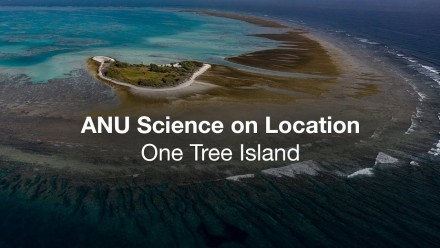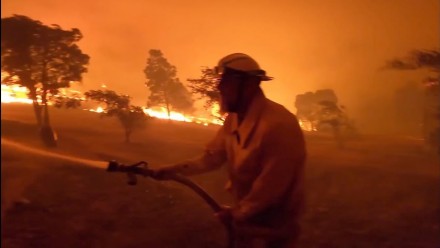2020 ANU Climate Annual Report
Contributing to climate change solutions

Here in Canberra, 2020 started in a way that I and so many others will never forget – in a haze of thick, orange smoke caused by the fires burning across much of the country. Unfortunately, climate change has intensified three of the key factors that lead to extreme fire weather, namely dry fuel, high temperatures and dry air. We have good reason to be concerned about further climate changes.
In response, many Climate Change Institute (CCI) members have collaborated to directly address these threats, including via the award-winning Bushfire Impact Working Group and the ANU-Optus Bushfire Research Centre of Excellence, which is working on early detection and extinguishing of bushfires.
Whilst 2020 has been defined globally by the COVID pandemic, it is now also in equal place with 2016 as the warmest year on record. This is in spite of the La Niña climate pattern that tends to low global temperatures. La Niña has also brought much needed rain to many areas of Australia, providing respite from the drought conditions and boosting agricultural production.
Despite 2020 being the equal hottest year on record, I’m feeling more optimistic about our collective future due to recent announcements from four of our major trading partners (China, US, Japan and South Korea) that they are aiming for net zero emissions by 2050 (or in China’s case 2060) joining existing key trading partners such as the EU and NZ.
Research highlights
The CCI brings together cutting-edge climate research – from climate science and its effects on our environment to societal, economic, political, legal and technological impacts and responses.

Here is a small snapshot of highlights which demonstrate the breadth of climate change research by CCI members in 2020
1 Mar 2021
Concrete contributes about eight percent of the world’s carbon footprint – around 3 billion tonnes of carbon dioxide – but research into a new type of concrete...
25 Feb 2021
Carbon pricing has a long, conflicted history in Australia.
25 Feb 2021
Australia is well known for its temperature extremes, with scorching hot summers and, in some areas, icy winters.
14 Apr 2020
When the boat finally passes into the One Tree Island lagoon, you breathe a sigh of relief. This tiny coral cay is where you will spend the next ten days.
9 Mar 2020
New international research has found a worrying change in the Indian Ocean’s surface temperatures that puts southeast Australia on course for increasingly hot...
Education spotlight
The IPCC is tasked with providing policymakers with regular scientific assessments on climate change, its implications and potential future risks, as well as putting forward adaptation and mitigation options. It has 195 member countries.
Studying climate change at ANU
As the impacts of climate change become increasingly apparent, people who understand its multiple dimensions and can contribute to developing, communicating and implementing innovative solutions are in increasingly high demand.

Master of Climate Change student – Demi Tinning
For Demi Tinning, studying a Master of Climate Change was an opportunity to make a difference in the world.
“After my undergraduate degree, I wanted to look at doing more study, but in a way that has real-world experience. Where what you do is tangible – I wanted it to count towards something.”
“I think that the Master of Climate Change is really good at that.”
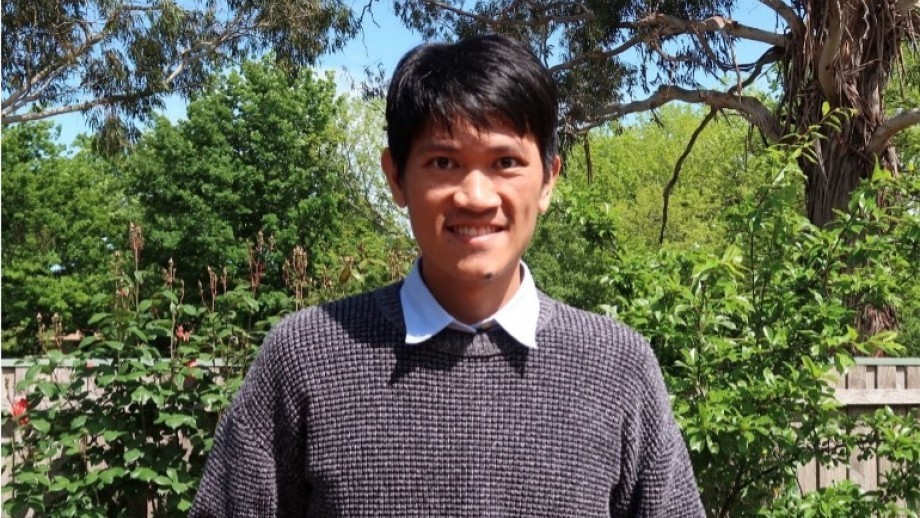
PhD Profile – Living with flooding as our climate changes
Flooding in the floodplain area of Lower Northern Thailand has been having disastrous consequences for the locals for decades.
“Climate change has been causing unprecedented levels of flooding which are impacting people’s lives, and people are beginning to realise this now.”
“Through my PhD research, I hope to contribute to making significant changes for people in my homeland to live with floods more peacefully.”

Climate Essentials professional short courses
“This was quite possibly the best course I've attended. The content was fascinating and the presenters absolutely nailed the level of detail required for the level of knowledge that I have.”
“It was an excellent experience and I'm grateful to have heard from the wonderful speakers and engaged with the participants. It was particularly valuable looking at climate change through a multitude of lenses in quick succession, as it served as a reminder that in order to address it appropriately, we really need to take a transcontextual approach.”

Climate Essentials for Agriculture
“Current, relevant, important information, would recommend to everyone”
“The program was very good, well organised and great content. One of the better ones I have attended.”
“It’s amazing to have time with the scientists, I really appreciated being able to speak to the people leading the science in this space and I think it's invaluable to the industry and society that we are in close contact with our scientists.”
Public policy engagement & outreach
Climate Change Institute members are engaged with policymakers at international, national and state / territory levels on an ongoing basis. Here are some examples:
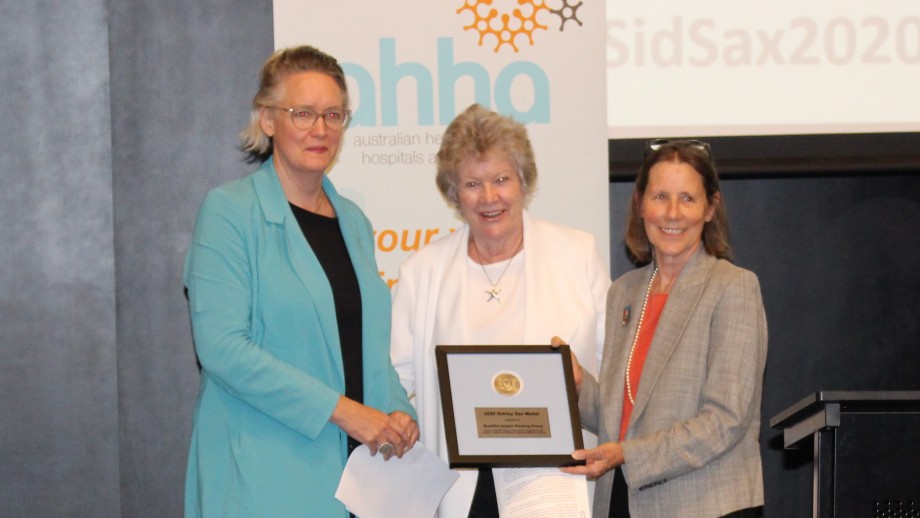
Bushfire Impact Working Group honoured
The ANU Bushfire Impact Working Group has been jointly awarded the prestigious Sidney Sax Medal for outstanding contribution to Australian healthcare, with Patricia Turner, CEO of the National Aboriginal Community Controlled Health Organisation.
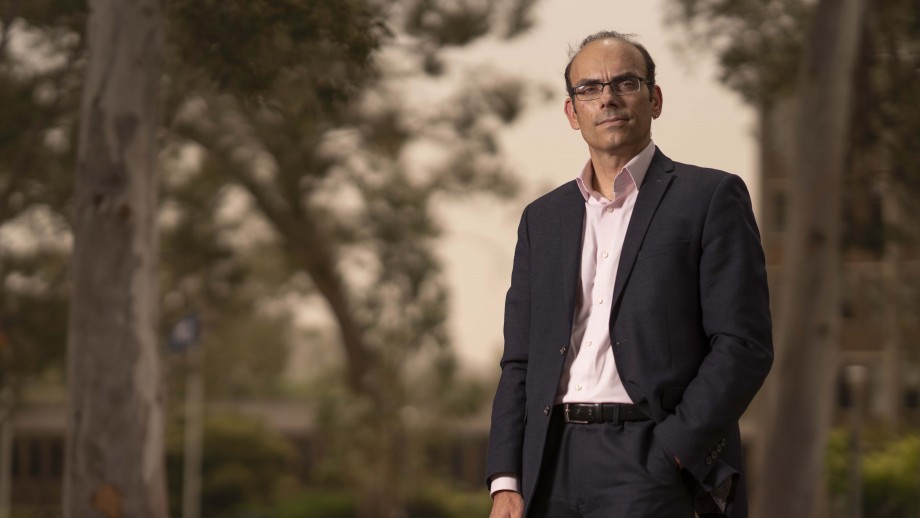
Prof Sotiris Vardoulakis and his team have been presented with the Advocacy & Leadership Award at the virtual Australian Public Health Conference 2020.
“This is a great recognition of our work on public health communication during the terrible bushfires and in the aftermaths of the crisis. Many colleagues from across RSPH and ANU contributed tirelessly to this effort, and I am proud of our work to help protect public health and support affected communities,” says Vardoulakis.”

Royal Commission into National Natural Disaster Arrangements
On 20 February, the Royal Commission into National Natural Disaster Arrangements was established. The Commission was established following the devastating 2019-20 bushfire season in Australia, to examine the national disaster management preparedness, coordination, and response. The ANU made a submission to the Commission addressing three of the twelve terms of reference.

Technology Investment Roadmap: First Low Emissions Technology Statement 2020
On 21 May 2020, consultation opened for the Australian Government’s national Technology Investment Roadmap. The aim of the Roadmap is to drive investment in low emissions technologies, to support Australian jobs and businesses, and strengthen the economy following the impacts of the COVID-19 pandemic.
CCI and the Energy Change Institute (ECI) jointly organised and presented an open public forum on 12 June, aimed at sharing a range of perspectives around the Roadmap’s discussion paper.
Introducing ANU Below Zero
The ANU Below Zero initiative aims to transition ANU from being part of the problem to becoming part of the solution – from a source of GHGs to a net absorber of GHGs.
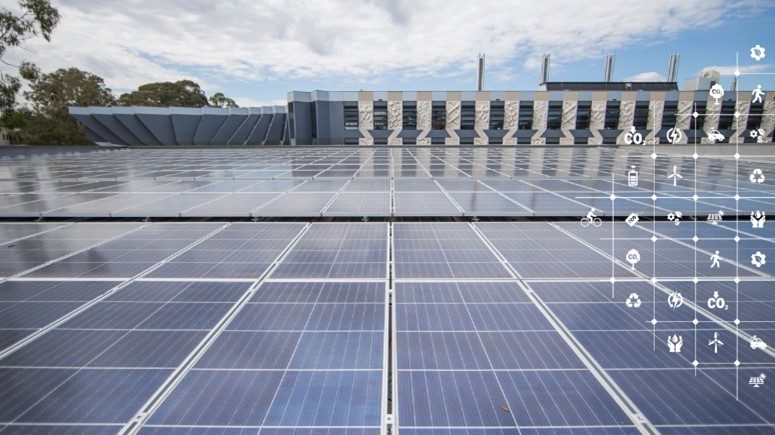
Harnessing ideas from the ANU Community
In late August, over 500 members of the ANU community shared their attitudes to climate change and emissions reduction via a brief online survey conducted by Dr Samantha Stanley and Dr Zoe Leviston of the Research School of Psychology.
Over 91% of the ANU community are either alarmed or concerned about climate change.

Integrating Below Zero with research and teaching.
Kate Donnelly is a Master of Climate Change student who presented her recommendations on ANU GHG targets at the Leadership & Targets workshop.
“What I really enjoyed about the workshop was seeing ANU leadership saying ‘We know this is a problem - there’s no need for discussion about that. Now what can we do to resolve this faster?’ It’s a galvanising moment when institutions step up like this. “
Building a community of climate researchers and teachers
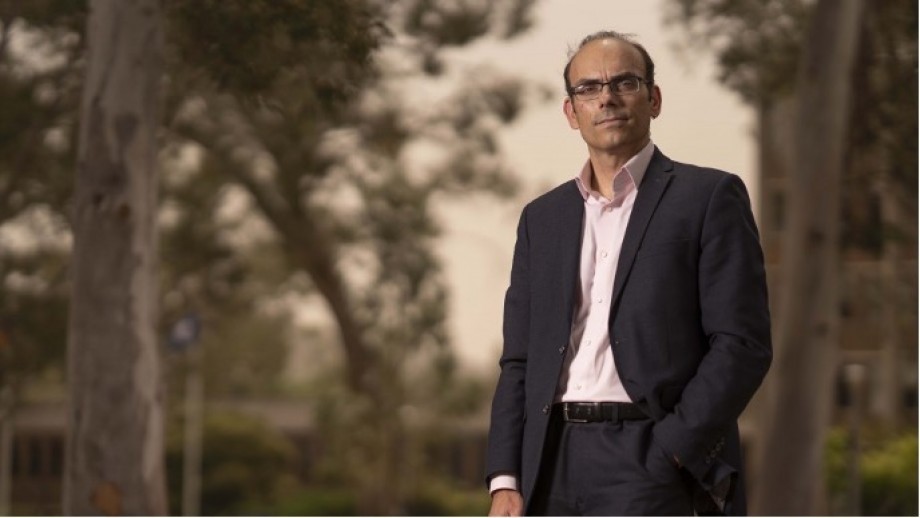
CCI Member Profile – Prof Sotiris Vardoulakis
Sotiris Vardoulakis is the Professor of Global Environmental Health at the ANU National Centre for Epidemiology and Population Health.
“My research focusses broadly on interactions between the built and natural environment, climate change, and human health. This includes interactions between environmental stressors such as air pollution and people”, Sotiris says.
“Over the years, my focus has shifted from identifying and quantifying the risks to health, to actually looking into policy and technological solutions to improve health and improve the environment.”
Sotiris has found multiple benefits have stemmed from becoming a CCI member.
“CCI has helped me in many different ways, through connecting with other researchers across the university, connecting with other institutions and initiatives, and having a platform to disseminate my work.”

Policy engagement workshop
On Friday 28 February, we held a Policy Engagement Workshop in collaboration with the Energy Change Institute (ECI), and the Public Policy and Societal Impact Hub. The workshop was a bespoke service offered to CCI and ECI members, to provide them with practical advice about how to engage with policy-makers. It also provided an opportunity for the researchers to build connections with some key decision-makers in the climate and energy domains.
Covid-19 and climate change

On 10 November, the Australian Centre for International Agricultural Research (ACIAR) released a report titled COVID-19 and food systems in the Indo-Pacific: An assessment of vulnerabilities, impacts, and opportunities for action.
The report co-leaders included CCI members Dr Lisa Robins and Dr Steven Crimp. Several other CCI members also contributed to the authorship, including Dr Robyn Alders, Dr R. Michael Bourke, Dr Aparna Lal, and Dr John McCarthy.
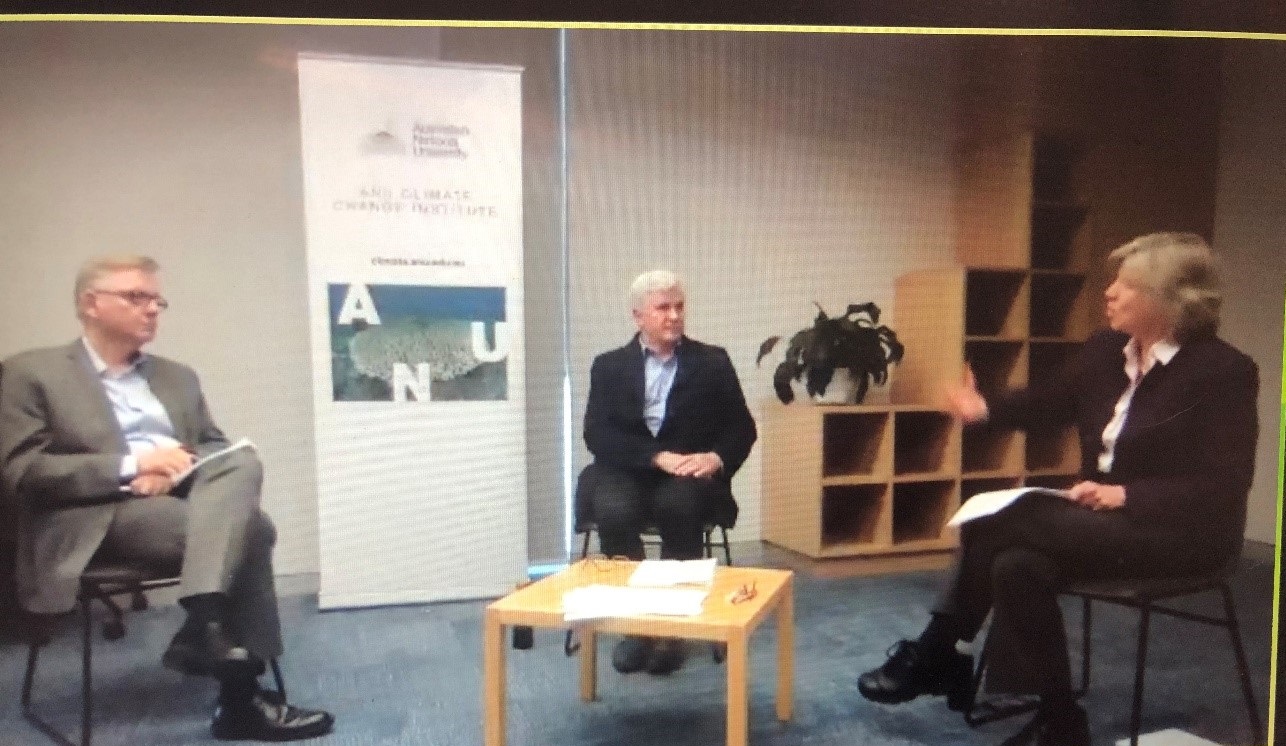
COVID-19 and Climate webinar series
From June to August, we ran a series of five online events focussing on five different topics where comparisons can be drawn between the COVID-19 pandemic’s impacts and climate change.
ANU climate events
“Excellent event where I felt empowered and supported to take action against climate change.”
“The forum is a useful source of information tracking the state of/ and responses to climate change. The passion and focus that each speaker brings to their topic gives the forum a strong sense of identity (as an academically informed and accessible interrogation of responses to climate change).”
“A seamless and acutely informative presentation.”
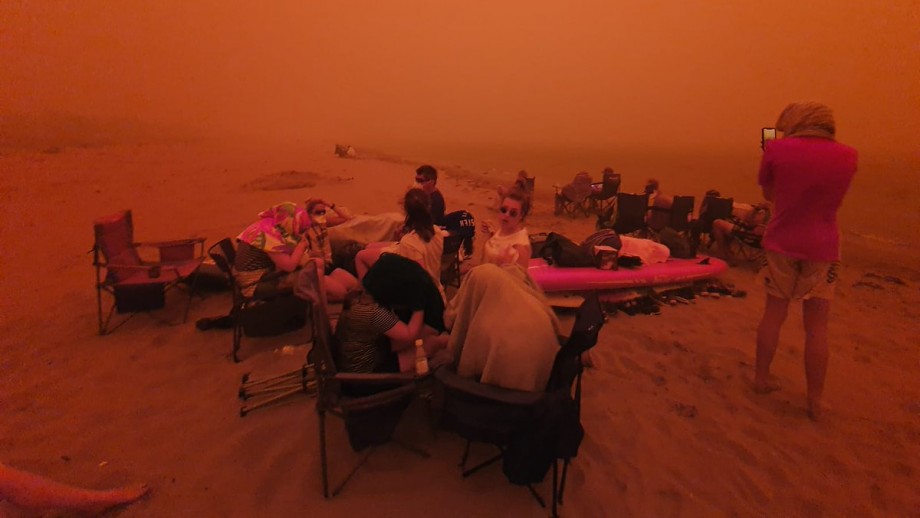
Climate Updates in Canberra and Melbourne
An overview of how our climate is changing and how we’re responding to those changes.
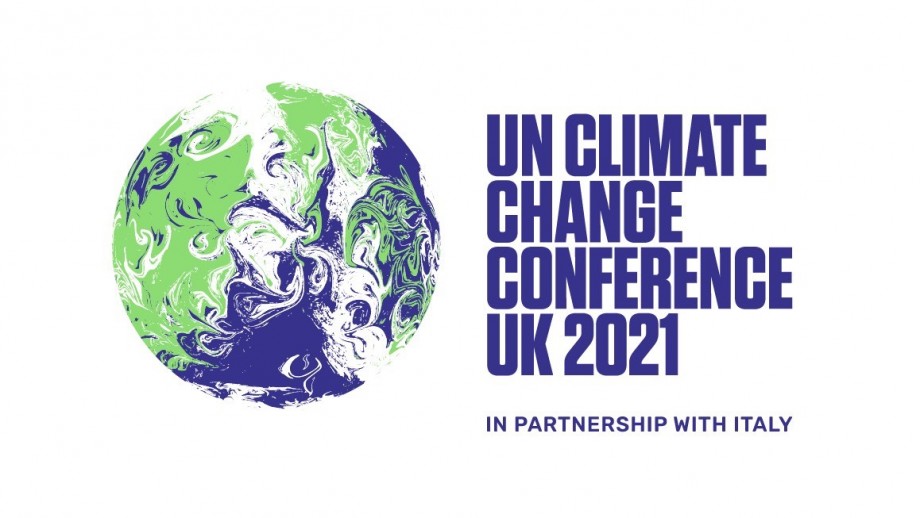
Delivering on the Paris Climate Agreement
Almost five years after the Paris Agreement, how is the world tracking to meet the targets set out in the agreement?
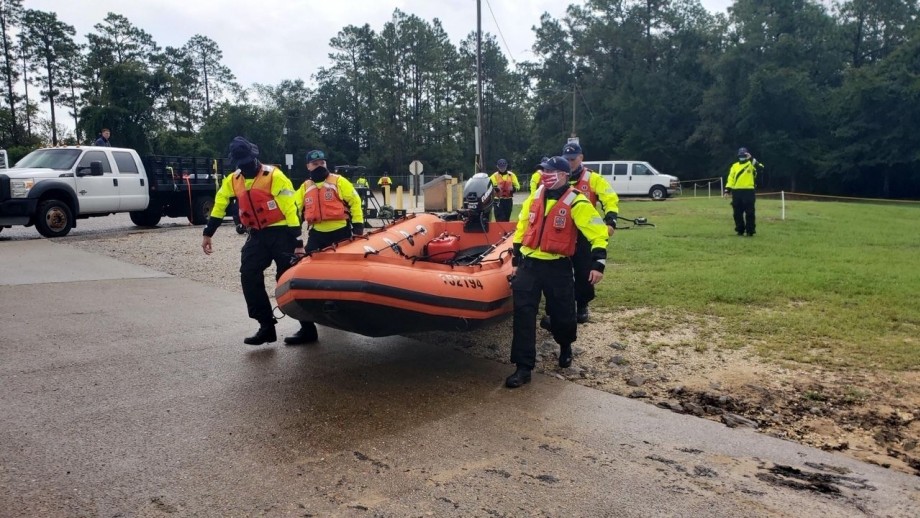
Preparing for flooding and cyclones in a COVID-19 world
Preparing for increased flood risk in this La Nina season, along with the practical difficulties COVID-19 is imposing on emergency services, other agencies, and communities.
In the media
The media is a vital channel for communicating ANU climate research to the Australian and international community. Climate researchers engage with media on a daily basis. In 2020:
- Over 10,600 media programs, articles featuring key CCI contributors
- More than 84m audience reached by CCI media
- Mentioned across over 3,300 media outlets
Here are some examples of 2020 media coverage:

• The bushfire crisis has given the Government a political ‘out’ to its climate change problem
Prof Frank Jotzo, ABC News, Jan 2020
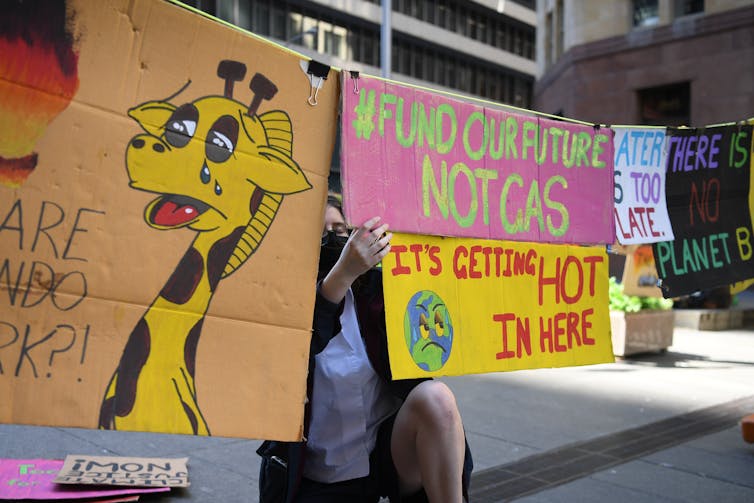
• New polling shows 79% of Aussies care about climate change. So why doesn’t the government listen?
Dr Bec Colvin, The Conversation, October 2020

Australia should create ‘Pacific visa’ to reduce impact of climate change and disaster on islanders
featuring Prof John Blaxland, The Guardian, November 2020
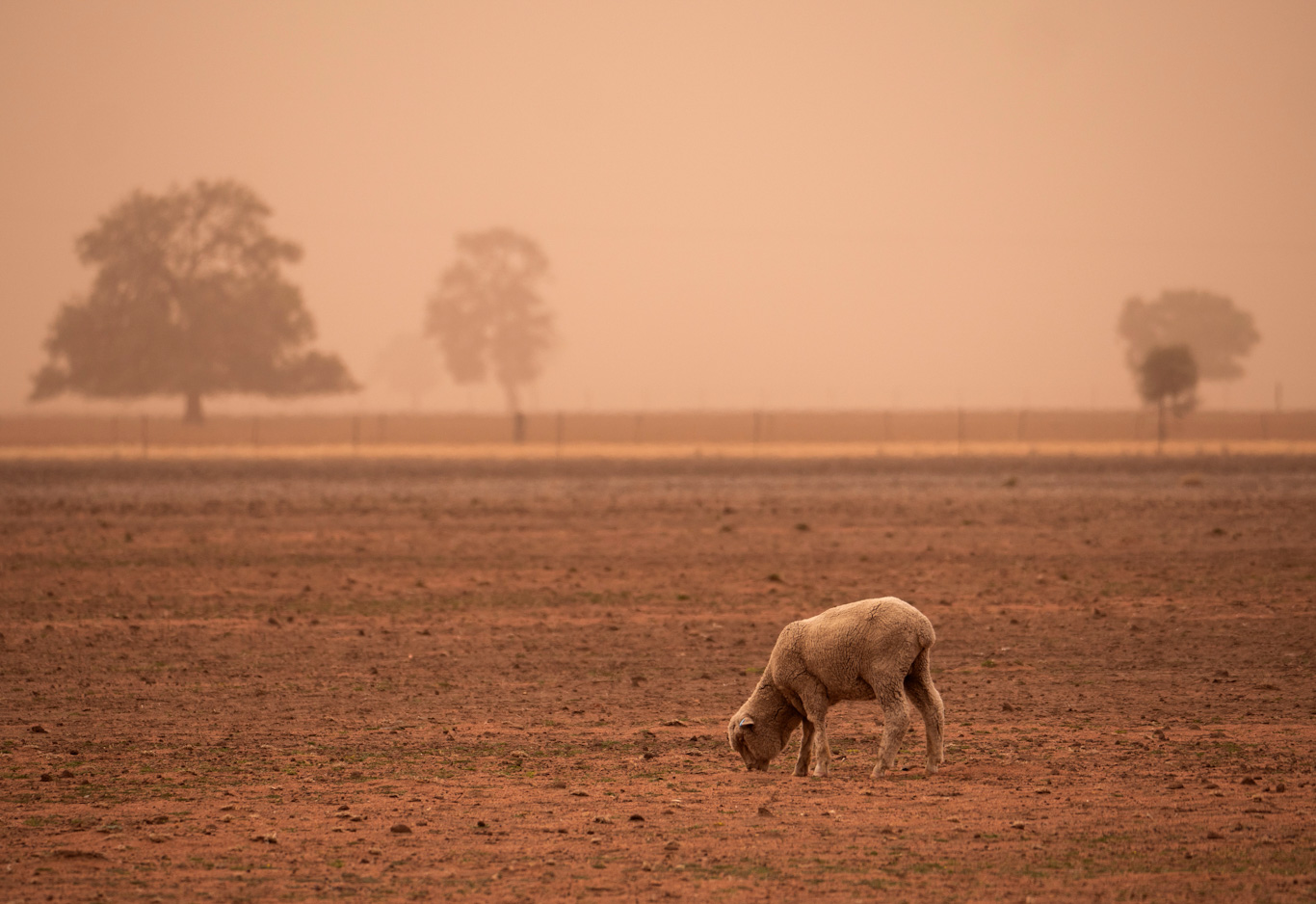
Australia, it’s time to talk about our water emergency
Prof Quentin Grafton et al, The Conversation, May 2020
Connect with the ANU Institute for Climate, Energy and Disaster Solutions
If you’d like to get involved in ANU climate change activities, email ICEDS@anu.edu.au to subscribe to our regular e-newsletter and follow us on social media.











